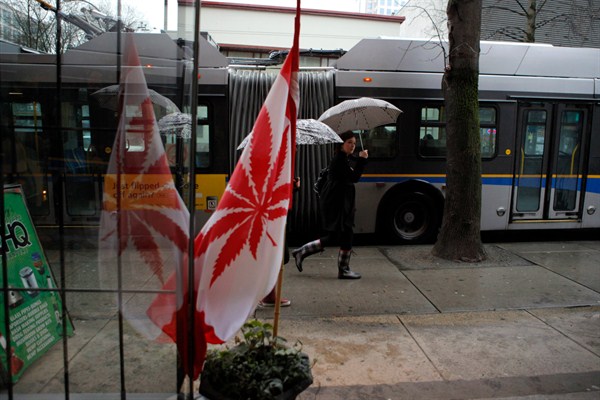Editor’s note: This article is part of an ongoing series about national drug policies in various countries around the world.
This summer, Canada is expected to become only the second country in the world to legalize the recreational use of marijuana nationwide. Prime Minister Justin Trudeau’s new drug policy is both a break from his conservative predecessor and from the hard-line stance taken by the Trump administration in Washington, which has bucked state-level trends toward marijuana decriminalization in the United States. In an email interview, Daniel Bear, a professor of criminal justice at Humber College in Toronto, explains why the move isn’t as progressive as advocates hoped, and what it means for relations with the United States.
WPR: What is driving Canada’s decision to legalize cannabis for recreational use?

